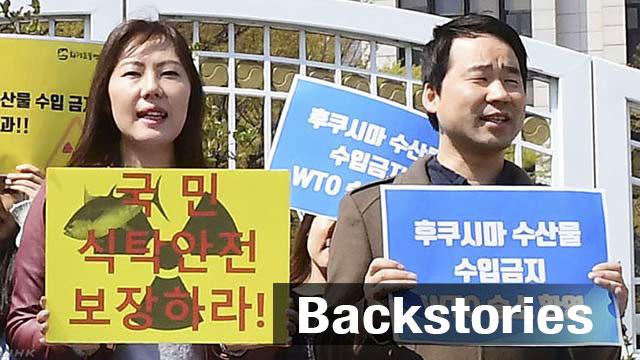South Korea banned imports of all marine products from Fukushima and seven other Japanese prefectures in 2013. The country did so because of concern over radioactive contamination of seafood following the nuclear accident.
Japan filed a complaint with the WTO, calling the ban unfair.
A WTO lower panel supported Japan in February 2018 and recommended that South Korea correct its restrictions. South Korea appealed that decision.
The ruling by the WTO appellate body overturns the lower panel's decision. In a report on April 12th, the WTO cited several errors in the previous investigation.
Since the appellate body is the highest authority for dispute settlement at the WTO, the ruling is final. South Korea is expected to maintain the import ban.
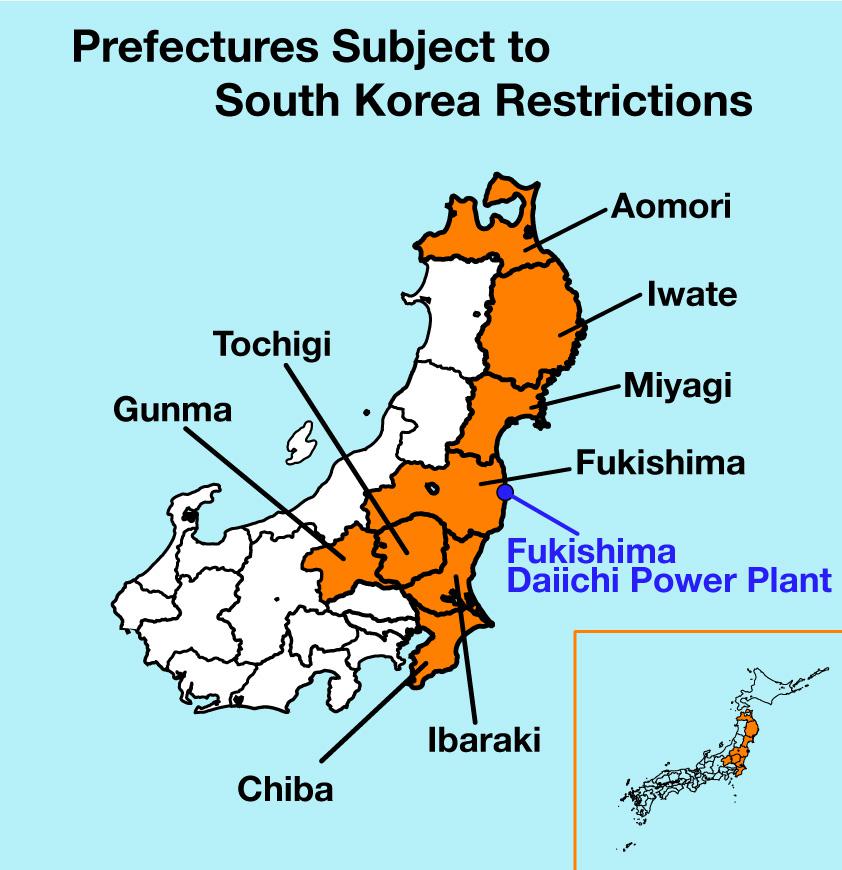
Why did the WTO appellate body brush aside Japan's claims?
The lower panel supported Japan's argument that South Korea's ban on Japanese seafood imports is discriminatory and unnecessary. It said that the radiation level of 1 millisievert that Japan allows in food also meets South Korean standards.
But the appellate body determined that the ruling does not take into account South Korea's aim of keeping food radiation levels as low as possible, and it nullified the panel's ruling.
An official with Japan's fisheries ministry underscored that the appellate body recognized Japanese seafood as safe, based on scientific evidence, despite its rejection of Japan's claim.
Fisheries minister Takamori Yoshikawa says it is truly regrettable that the WTO did not support Japan's view, especially when he thinks of the people who have been working to help the disaster-hit region recover. He says the ruling does not mean the body refuted the safety of Japanese foods.
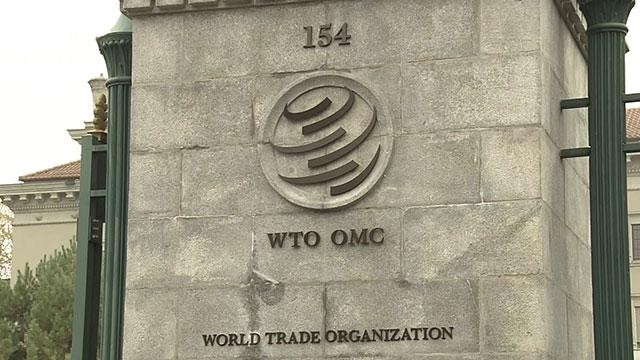
The decision sent shockwaves through the fishing city of Ishinomaki in Miyagi Prefecture.
One seafood processing company has been operating there for more than 60 years. It began exporting sea squirts to South Korea 17 years ago. For several years before the 2011 disaster, the company's revenue from sea squirts topped 60 million yen (around 530,000 dollars).
But the tsunami swept away all sea squirts. Four years ago, the company resumed domestic sales. It printed pamphlets in Korean to prepare for resuming exports to South Korea.
An executive of the company says they assumed they would be able to start exporting again soon, but the ruling has dashed that hope. He says it is regrettable that they still can't, even though they are ready.
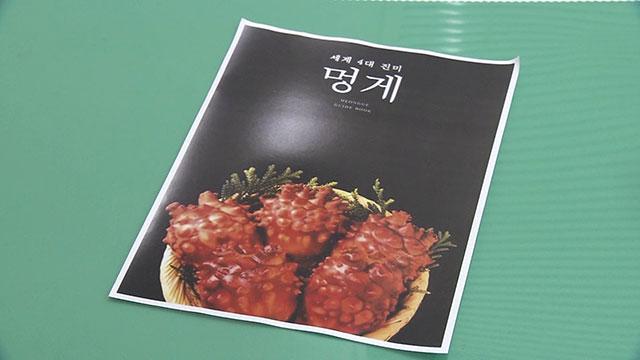
One person in Fukushima's Soma City fishing port says they are devastated. Another says they were hopeful of a win this time too, so they could export their products like before.
The head of a fisheries cooperative in Soma City says he is not happy with the ruling at all.
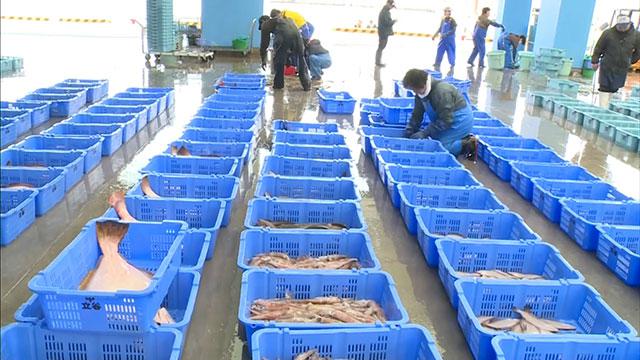
The question now: how will the ruling affect economic growth?
After the Fukushima Daiichi nuclear disaster, 54 countries and territories introduced regulations related to food imports from Japan. To date, 31 of them have lifted their restrictions.
The other 23 include South Korea, China and the United States. They still maintain import restrictions, although some are moving to ease them.
The Japanese government was planning to encourage them to lift their regulations, as it had predicted a favorable WTO ruling.
Taiwan has maintained its restrictions. Japan says it intends to work to resolve the issue through such means as a WTO arbitration panel. But voices in Taiwan are calling for the restrictions to remain in place.
China partially lifted its restrictions on Japanese foods last November. But there are fears in Japan that the WTO ruling could dissuade China from going any further.
Foreign Minister Taro Kono met with the South Korean Ambassador to Japan, Lee Su-hoon, after the ruling.
He told Lee the ruling is truly regrettable. He said Japan will ask Seoul to lift its restrictions through bilateral talks.
Kono also says he will persuade other countries and territories to lift any restrictions they have on Japanese products.
